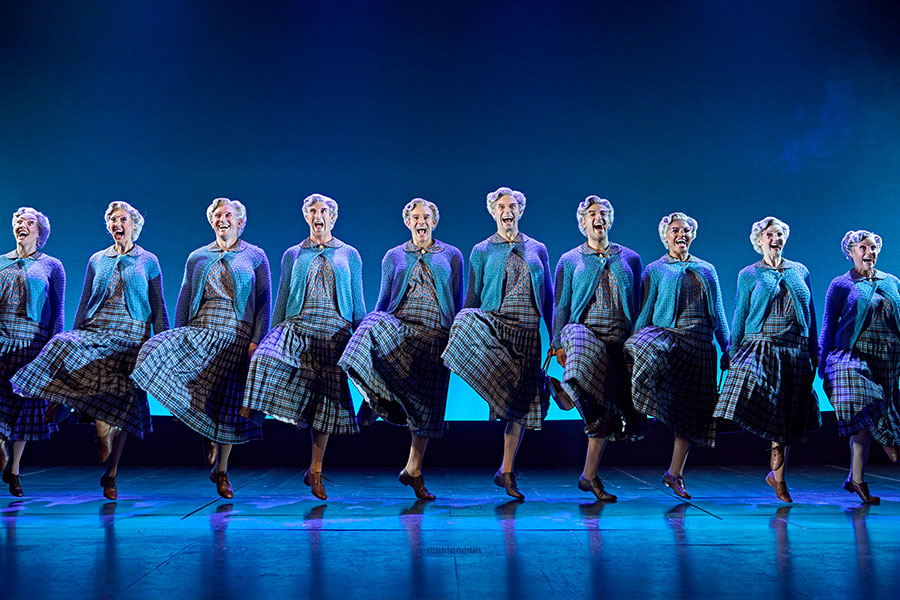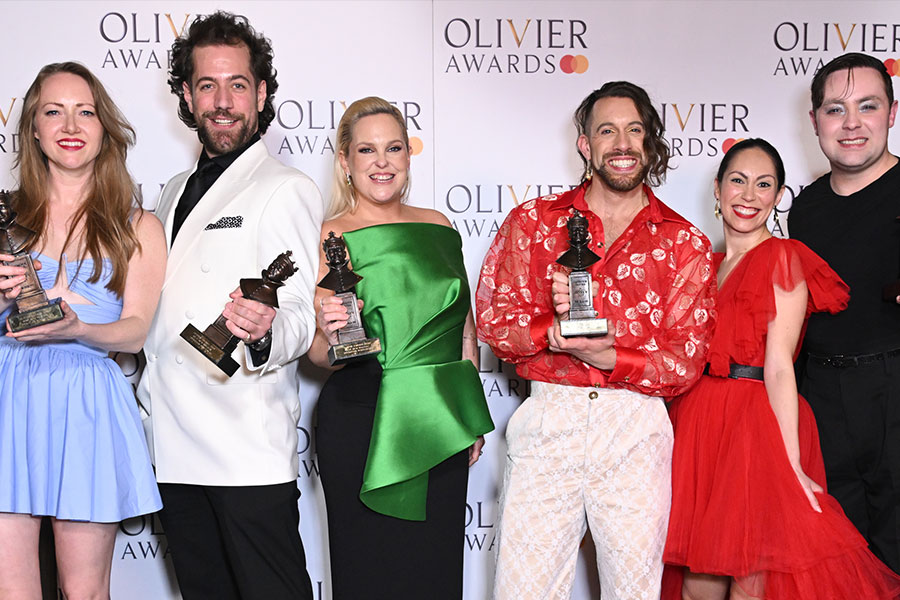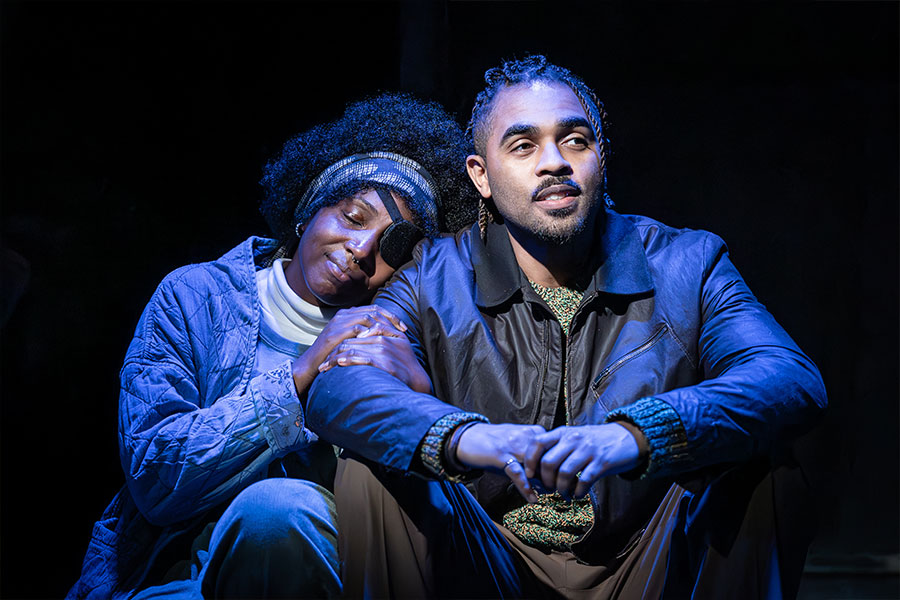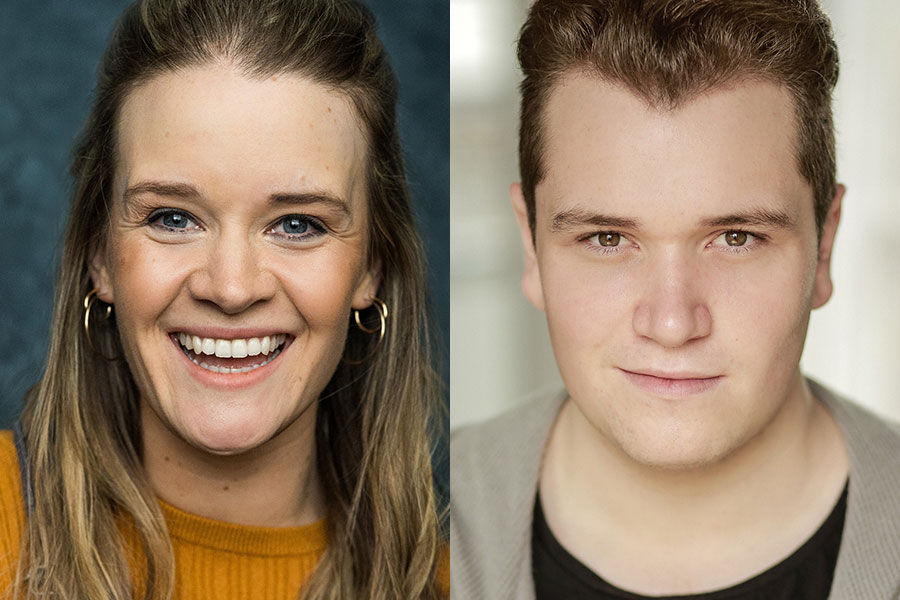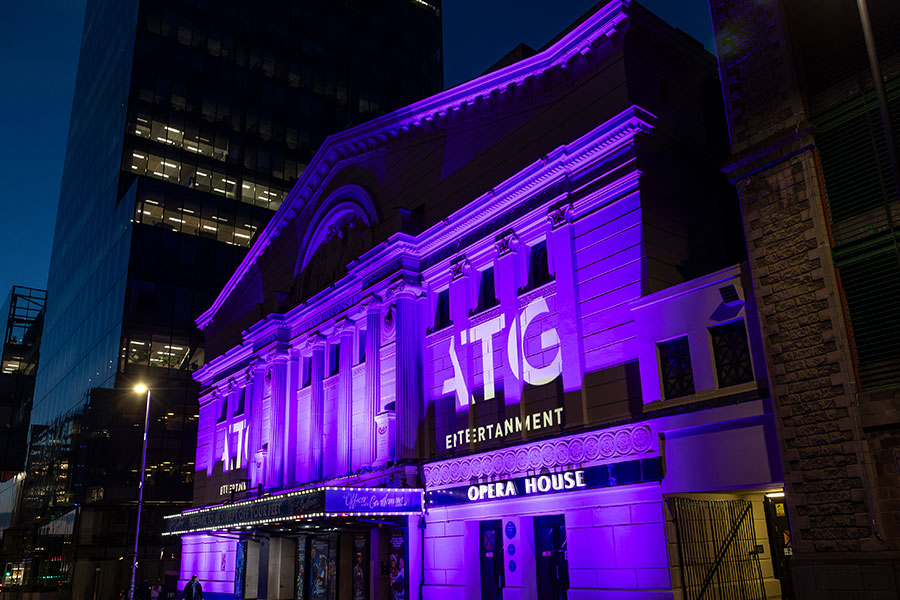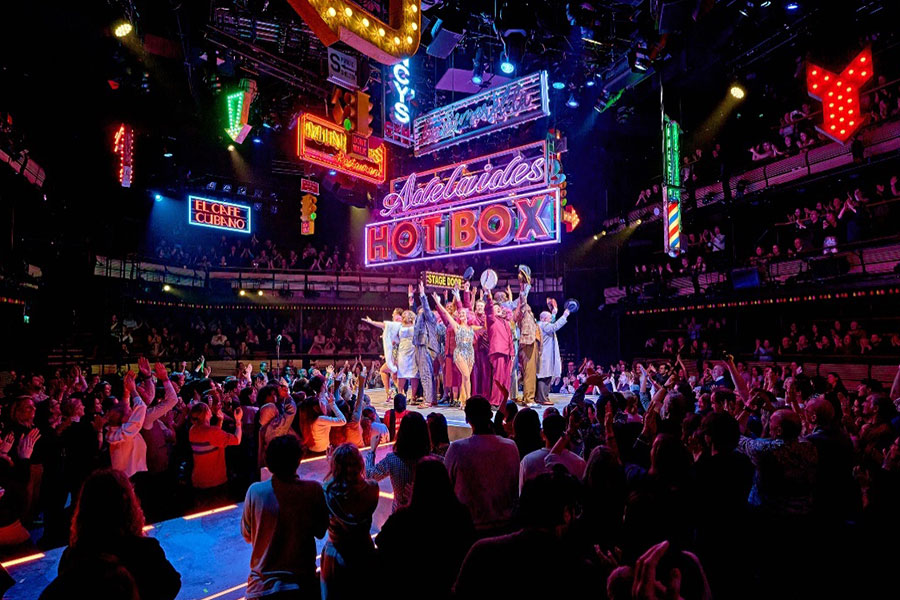Much
‘How far would you go to get what you want?’ is the simple tagline of Hannah Patterson‘s first full-length play, which centres on the love triangle between a wealthy father, a humble son (“I’m a cook, not a chef”), and a somewhat narcissistic – yet very beautiful – artist.
It begins with businessman Roy (Roger Ringrose) discovering that his errant son Tom (Will Irvine) will unexpectedly be attending his imminent wedding to Helen (Caroline Corrie). It soon becomes clear that Tom and his father’s bride-to-be have history, thus explaining his estrangement and impromptu decision to persuade Sylvie (Leonie Hill), a girl he’s only just met, to attend the nuptials with him.
Director Hannah Eidinow utilises two fairly loud stylistic techniques with limited success. One of these takes the concept of the Pinter pause to extremes, having the actors freeze the action to a standstill with frustrating regularity. This is possibly an effective rehearsal room technique, but in performance achieves little but to disrupt the dialogue flow and too obviously signpost moments of significance.
The other is to infuse the scene changes (of which there are many) with action, having the actors exchange lingering looks as they rearrange the set. Although this eases the pain of the often overlong transitions, it adds little to the narrative and helps ensure the message is delivered with the subtlety of a sledgehammer.
However, despite a few grating elements in the staging, Much makes some sharp assessments regarding the hypocrisies of the capitalist art world (Helen wants to “conquer the world” through conceptual art), and the inherent rivalries of the father-son relationship.
The experienced cast prove compelling, particularly Roger Ringrose as the catchphrase-spouting sugar daddy and Caroline Corrie as the aptly-monikered Helen.




